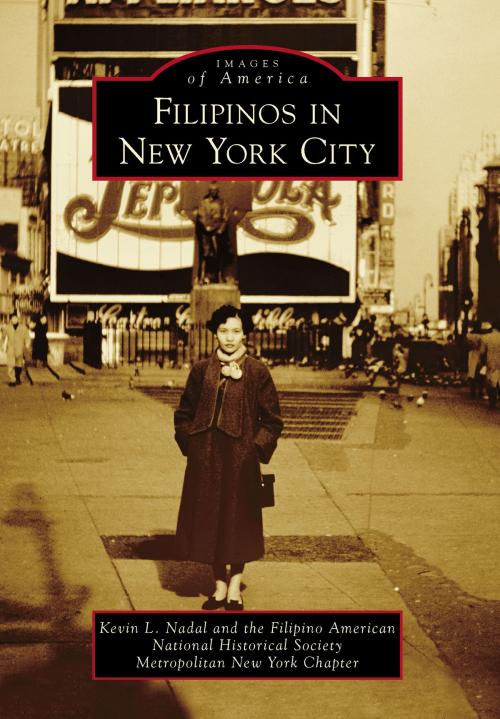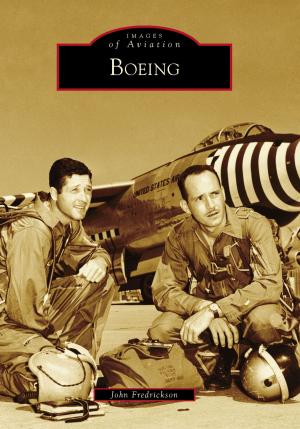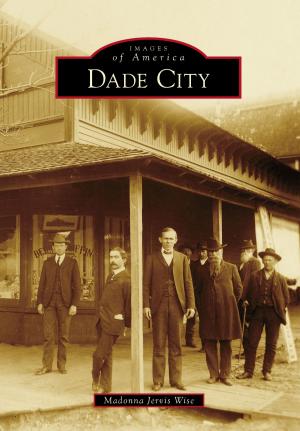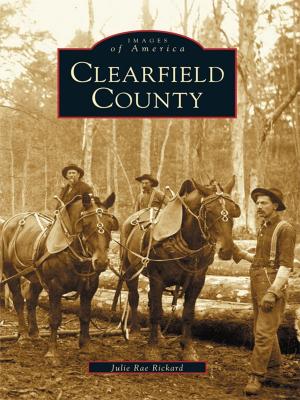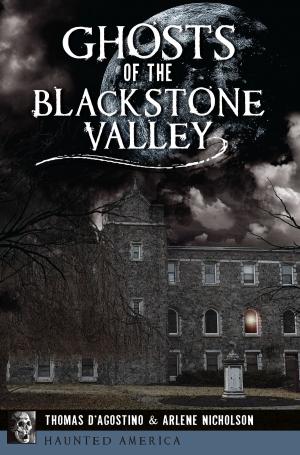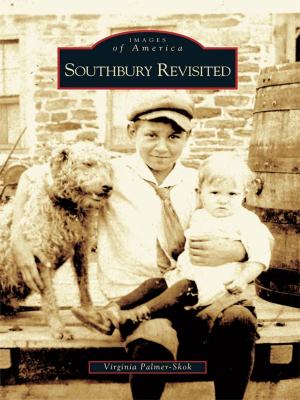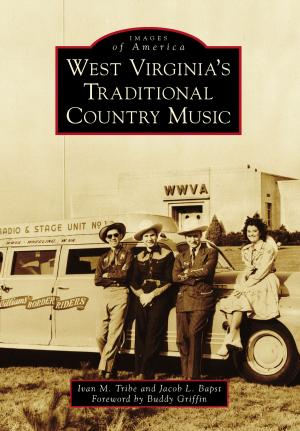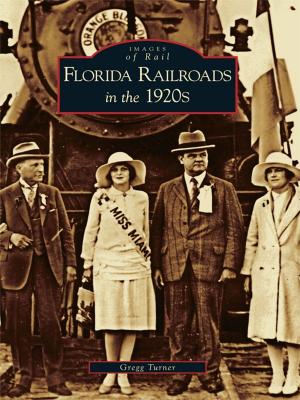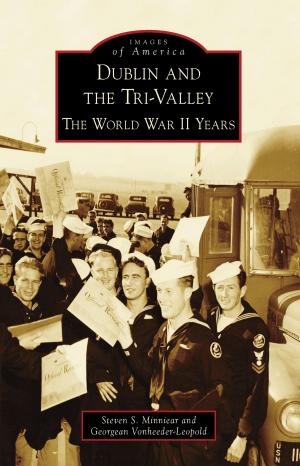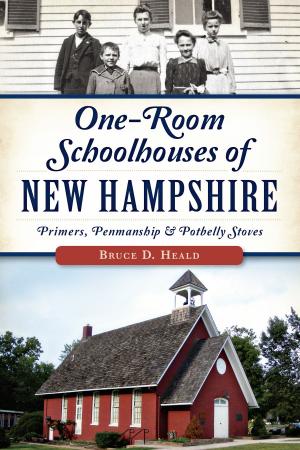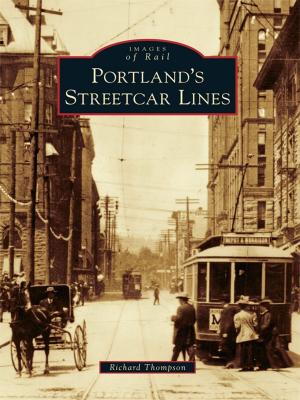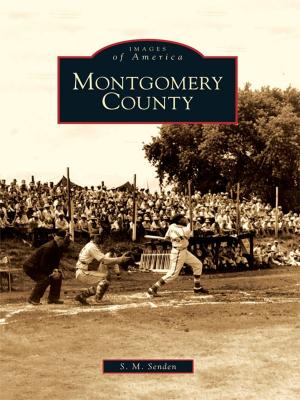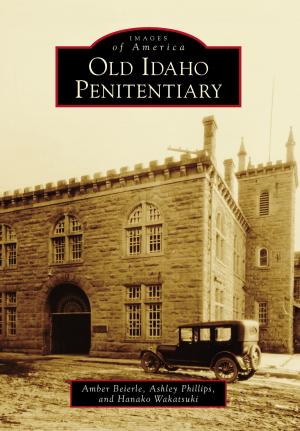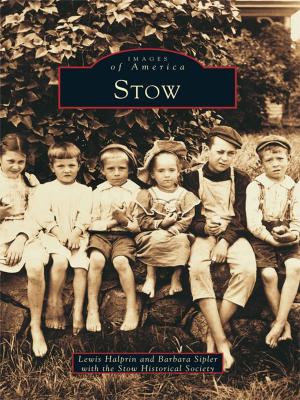Filipinos in New York City
Nonfiction, Art & Architecture, Photography, Pictorials, History, Social & Cultural Studies, Social Science, Cultural Studies, Ethnic Studies, Fiction & Literature, Literary Theory & Criticism| Author: | Kevin L. Nadal, Filipino-American National Historical Society | ISBN: | 9781439650561 |
| Publisher: | Arcadia Publishing Inc. | Publication: | March 30, 2015 |
| Imprint: | Arcadia Publishing | Language: | English |
| Author: | Kevin L. Nadal, Filipino-American National Historical Society |
| ISBN: | 9781439650561 |
| Publisher: | Arcadia Publishing Inc. |
| Publication: | March 30, 2015 |
| Imprint: | Arcadia Publishing |
| Language: | English |
After the Spanish-American War in 1898, many Filipinos immigrated to New York City, mostly as students, enrolling at local institutions like Columbia University and New York University. Some arrived via Ellis Island as early as 1915, while Filipino military servicemen and Navy seafarers settled in New York after both World Wars I and II. After the Asian Immigration Act of 1965, many Filipinos came as professionals (e.g., nurses, physicians, and engineers) and formed settlements in various ethnic enclaves throughout the five boroughs of New York. Over the years, Filipinos have contributed significantly to New York arts and culture through Broadway theater, fashion, music, film, comedy, hip-hop, poetry, and dance. Filipino New Yorkers have also been successful entrepreneurs, corporate executives, community leaders, and politicians, and some, sadly, were victims of the 9/11 World Trade Center attacks.
After the Spanish-American War in 1898, many Filipinos immigrated to New York City, mostly as students, enrolling at local institutions like Columbia University and New York University. Some arrived via Ellis Island as early as 1915, while Filipino military servicemen and Navy seafarers settled in New York after both World Wars I and II. After the Asian Immigration Act of 1965, many Filipinos came as professionals (e.g., nurses, physicians, and engineers) and formed settlements in various ethnic enclaves throughout the five boroughs of New York. Over the years, Filipinos have contributed significantly to New York arts and culture through Broadway theater, fashion, music, film, comedy, hip-hop, poetry, and dance. Filipino New Yorkers have also been successful entrepreneurs, corporate executives, community leaders, and politicians, and some, sadly, were victims of the 9/11 World Trade Center attacks.
